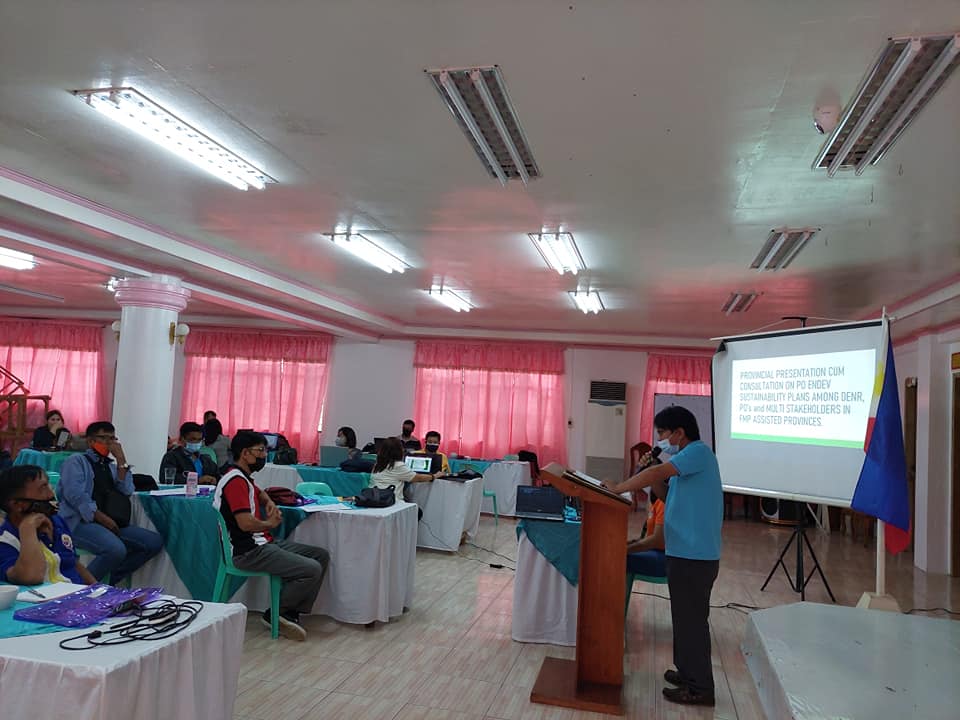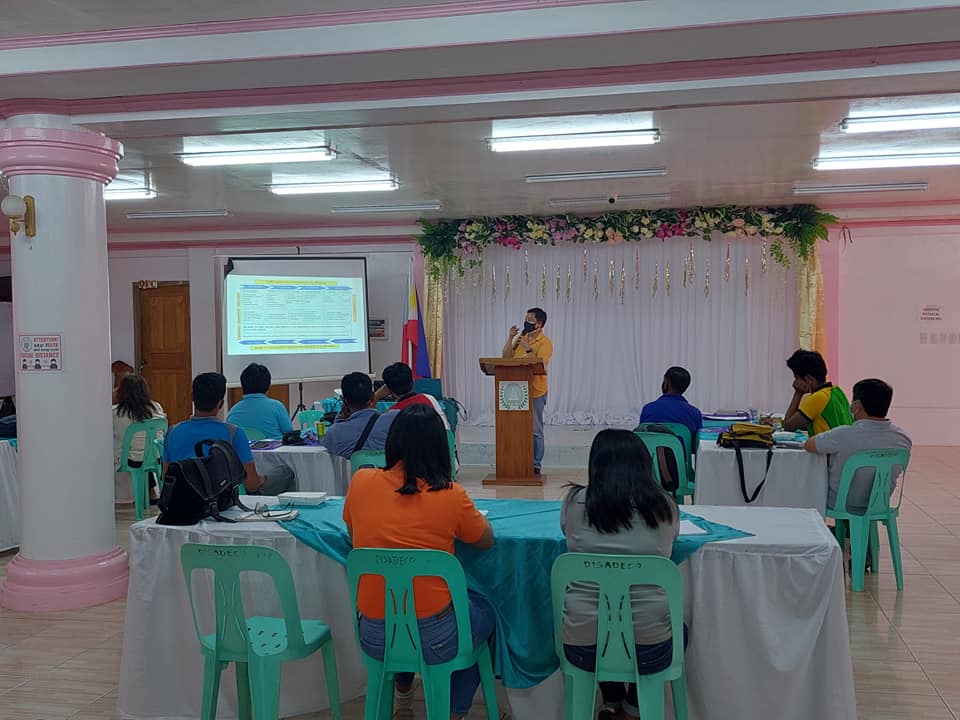BY MIKE DEL ROSARIO
THE Forestland Management Bureau (FMB) of the Department of Environment and Natural Resources (DENR) launched a pilot program to assist people’s organizations (POs) to diversify their revenue sources by enhancing consolidation in areas such as guyabano, rambutan, citrus and coffee production.

On the other hand, through fostering the preservation and maintenance of biodiversity, soil, water, animal habitats and other natural resources, strategic integration benefits them. Apart from increasing resilience to climate change and the potential for mitigation, another key benefit for agroforestry producers is higher economic resilience since agroforestry provides many income sources throughout the year.
The DENR’s purpose is to provide an overview of agroforestry value chains and market systems to the selected POs to identify market impediments that currently exist and to suggest solutions. Supporting farmer organizations can help farmers improve their economic resilience in a variety of ways by strengthening their bargaining position and increasing their access to finance for the P1 million value chain development fund being distributed to Nueva Vizcaya and Quirino provinces as well as training, input services and market information.

Establishing fair market interactions is necessary for developing sustainable agroforestry value chains. This is most effectively performed through linking farmers to local markets with a focus on vulnerable and disadvantaged groups and by using regional online platforms for high-quality/niche items.
Quirino province is one of the five provinces that is benefiting from the initiatives of the Forestland Management Project. The organized POs of the community were the signatories to the Community Based-Forest Management Agreement (CBFMA) which granted them the rights and obligations to manage, develop and exploit forest resources within its CBFM area.
The agreement guarantees a continuous flow of benefits and services to the organization/community without jeopardizing the physical and social integrity of the environment.
